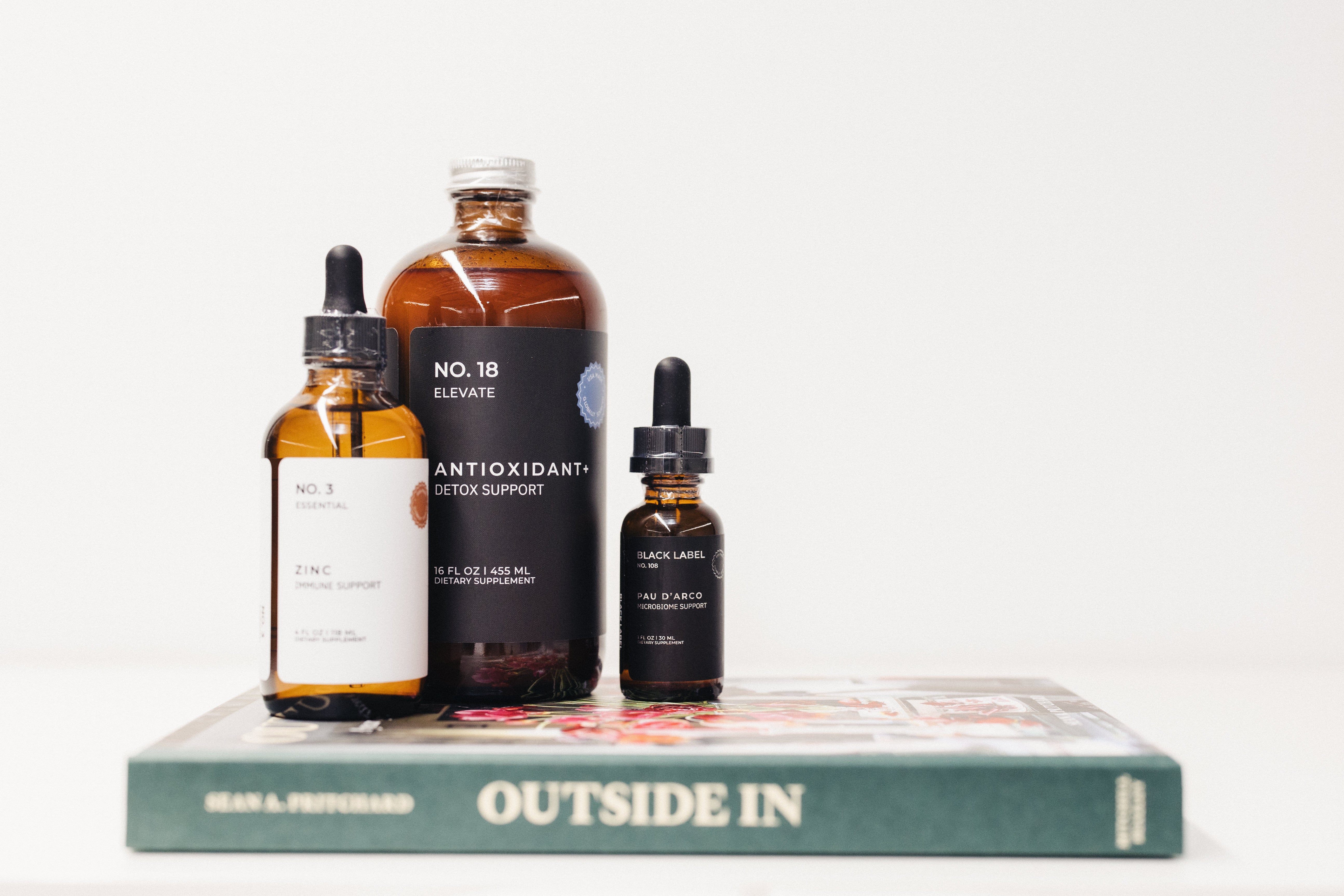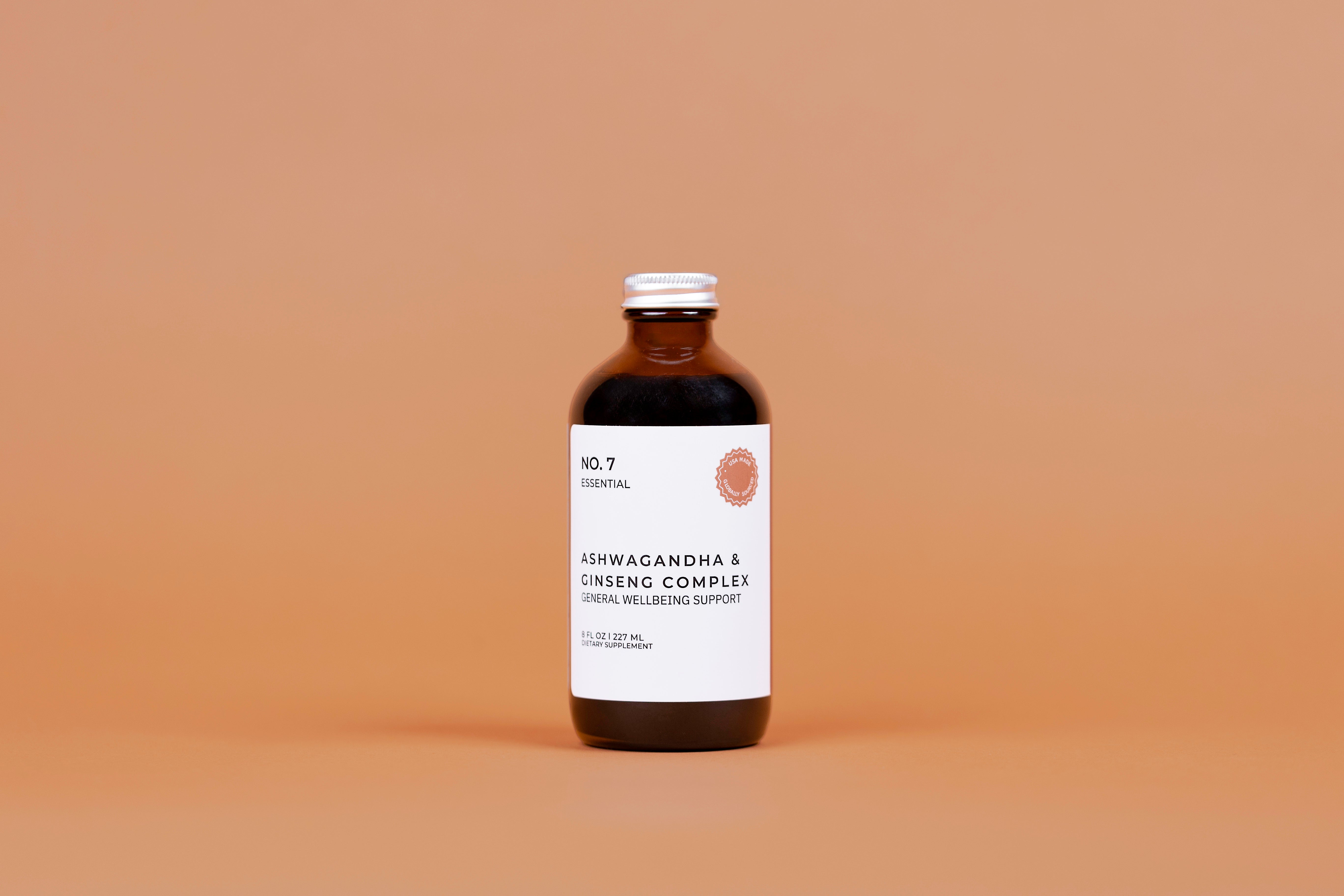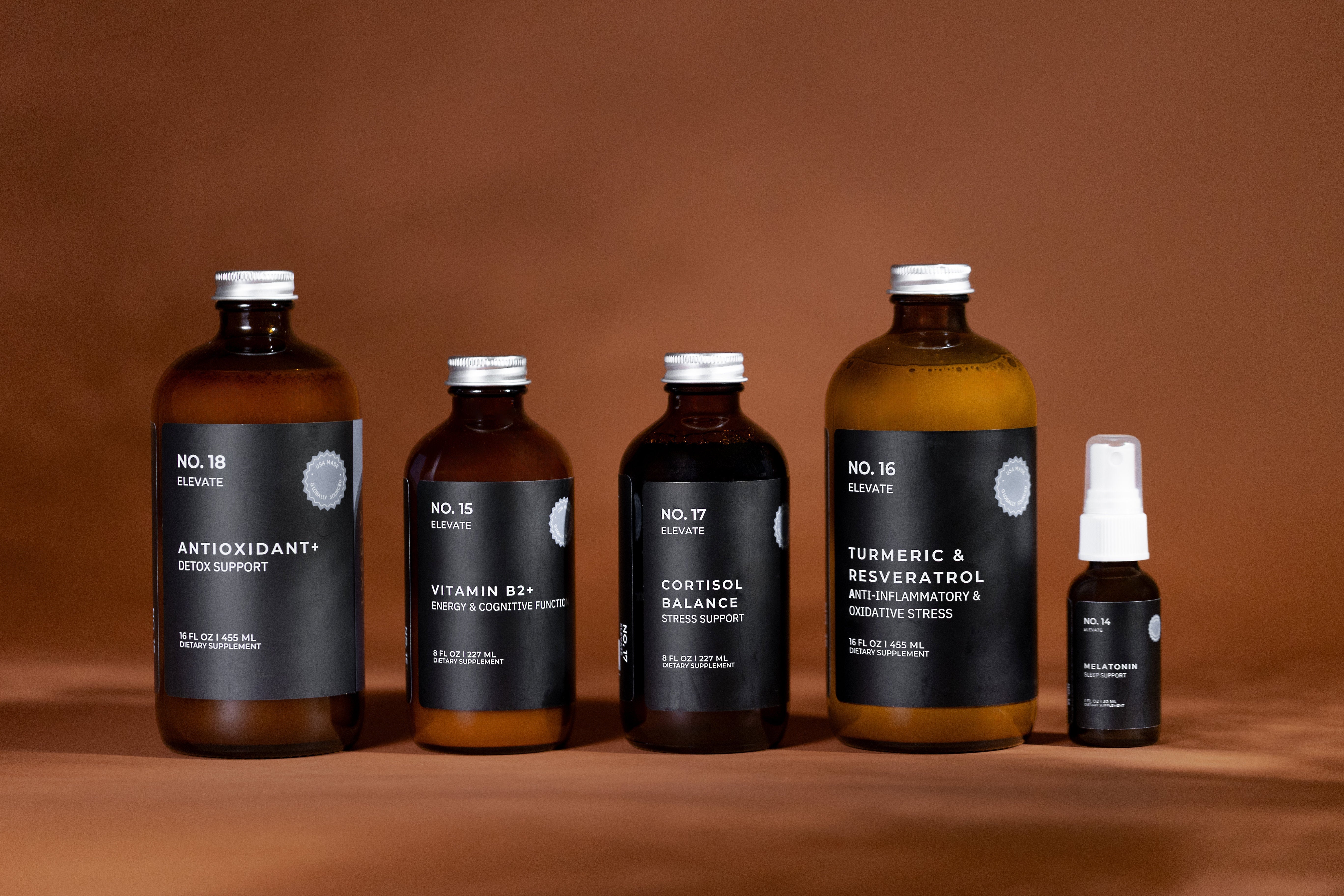
Explained: The Science Behind Ionized Antioxidants
How Ionized Antioxidants Work to combat Free Radicals
Let’s talk about Free Radicals! If you haven’t heard that turn before, don’t worry – We’re not into politics here at Lyfely! This is actually the name of the molecular byproduct of energy production, toxicity, and other undesirables that negatively affect the human body.
Inside each of your 30-40 trillion cells, tiny reactions are taking place every second, powering your body, clearing toxins, repairing damage, and helping you manage stress. But like many things, energy production comes at a cost (and it’s worth the price)!
In the process of creating energy, your cells produce reactive molecules known as free radicals, or more specifically, reactive oxygen species (ROS). These are unstable compounds missing an electron. Think of these as the waste byproduct of your normal physiological processes. Unfortunately, these free radicals have one simple mission: find their missing charge. Why not just call them all ROS? Because technically, reactive oxygen species are free radical compounds, but, not all free radicals are reactive oxygen species. Some free radicals don’t contain oxygen as a part of their molecular structure, whereas Reactive Oxygen Species contain oxygen in them. Don’t worry about that for now.
What’s so bad about Free Radicals?
In searching for balance, free radicals can damage everything in their path like cell membranes, proteins, even DNA. This process is called oxidative stress, and it’s a natural part of life. Your body is built to handle a certain amount of it. But when oxidative stress exceeds your capacity to manage it, damage accumulates and can have a deeply negative impact on your health. Aging accelerates. Inflammation lingers. Systems break down.
Antioxidants are the answer; At least a large part of it.
We tend to look at antioxidants as their ‘whole’ ingredient parts, but they are actually molecules that have the unique ability to neutralize free radicals by donating an electron. But that’s not all – They’re able to donate an electron without then becoming unstable as a byproduct of its removal. That distinction is a tremendously important component of why antioxidants are so valuable. By giving that electron freely, antioxidants prevent further damage caused by that free radical binding with other components of the body, therefore breaking the chain reaction, and preserving the integrity of your cellular structures. In essence, they sacrifice themselves so your cells can stay whole and functioning properly.
But their work doesn’t stop there. They also act as regulators, signaling molecules, and cofactors that influence gene expression, enzyme function, and immune responses. Some are embedded in cell membranes, guarding the gates, rady to sacrifice themselves for the greater good. Others float in the fluid inside and around cells called intracellular and extracellular fluid. Here they’re ready to mop up rogue molecules before they even reach the gate (cell wall). Some, like Glutathione, even help recycle other antioxidants, creating an internal network of defense and repair.
Different antioxidants work in different cellular environments. For example, Vitamin C is water-soluble and works primarily in the fluid spaces of the body, while Vitamin E is fat-soluble and integrates into lipid membranes to protect them from oxidation. CoQ10, another great example because it resides inside the mitochondria itself where most free radicals are generated. This makes CoQ10 uniquely important for energy protection. And Glutathione, often referred to as the master antioxidant, operates inside the cell to manage detoxification, support immunity, and regulate inflammation.
How do we get Antioxidants?
Thankfully, the body has its own antioxidant production system, involving enzymes like superoxide dismutase, catalase, and glutathione peroxidase. Unfortunately, the increase in strossors like pollution, poor diet, chronic illness, processed foods, and environmental toxins are really testing the strength of this system, leading to the requirement of more ‘outside’ support to do its job successfully. That’s where supplementation becomes more than helpful - it becomes essential.
Of course, just taking antioxidants isn’t enough. For them to be effective, antioxidants must survive the digestive process, be absorbed into the bloodstream, cross multiple cellular membranes, and arrive intact where oxidative damage is actually occurring. This is where ionized delivery makes a massive difference. Nutrients delivered in their ionic form are already charged, just the way your cells like them! This allows for faster absorption, immediate cellular recognition, and a more efficient means of transporting them into the places that need protection the most, whether that’s within the mitochondrial membrane, the nucleus, or the cytoplasm.
When antioxidants are delivered properly, they don’t just protect cells. They optimize cell function by allowing your body to perform better under stress, recover faster, resist aging, and resist breakdown. They support the core engine of your biology, by giving it the tools to do what it was always meant to do: heal, regenerate, and adapt.
We don’t just include antioxidants in our formulations because they’re trendy. We focus on delivering them in the most absorbable, functional, and biologically intelligent way possible, so they can reach the deepest parts of your body successfully and help restore balance from the inside out. True health isn’t just about what you put in, it’s about what you get out, safely.



Leave a comment
This site is protected by hCaptcha and the hCaptcha Privacy Policy and Terms of Service apply.